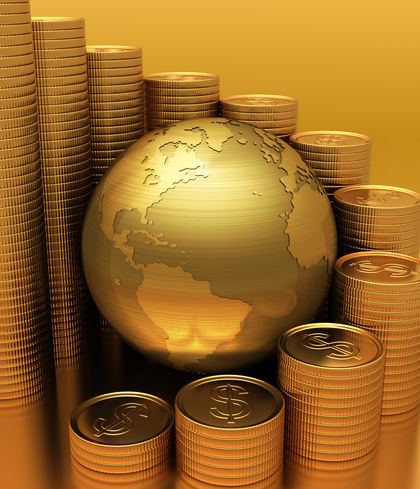Brazil - Foreign investment

Brazilian law gives the same protection and guarantees to foreign capital investments that it gives to investments made by Brazilian nationals. Special incentives are offered for investments in mining, fishing, tourism, shipbuilding, and reforestation and for projects undertaken in the northeast and Amazon regions. Brazil's Foreign Capital and Profit Remittance Law of 1962, as amended, regulate the registration of foreign capital and of reinvestment, profit remittance, interest, royalties, and payments for technical assistance, as well as repatriation of foreign capital. There is no limitation on the repatriation of capital; reinvestment of profits is considered an increase of the original capital for the purposes of the law. Prohibitions on remittances for royalty and technical service payments between related parties were removed under the 1992 tax code. The base tax rate on profits and royalty remittances was reduced from 25% to 15%.
In 1995, Brazil amended its constitution to eliminate the distinction between foreign and national capital. Foreign investors have been allowed to trade on the Brazilian stock market since 1991. The petroleum, telecommunications, mining, power generation, and internal transportation sectors were opened up to foreign investment in 1995.
The growth in the attractiveness of Brazil as a recipient of foreign investment is directly attributed to the economic liberalization implemented under finance minister, and later president, Fernando Enrique Cardoso in 1994. He instituted a new currency, reined in the hyperinflation that had plagued the country for decades, and opened up previously closed industries to private ownership.
These provisions saw foreign portfolio investment go from $760 million the year it was enacted to $30 billion in 1997. Foreign direct investment rose from $19 billion in 1997 to $28.9 billion in 1998 and $28.5 billion in 1999, and then to a record $32.8 billion in 2000. Brazil's surplus on its capital account was over $19 billion in 2000, but not quite enough to prevent a balance of payments deficit of $2.3 billion because of a $10.4 billion debt servicing payment on official development assistance (ODA). A plunge in FDI to $22.5 billion in 2001, in the context of the global economic slowdown and worldwide decline in foreign investment after the 11 September 2001 US terrorist attacks, presented the Brazilian government with serious difficulties in making its debt servicing obligations. The gap would have to be filled through a combination of IMF loans, foreign borrowing, and sales in shares of state-owned enterprises (SOEs). In 2002 the constitution was amended to allow up to 30% foreign ownership in Brazilian media, but with provision that editorial control remain in Brazilian hands.
Investment comes mainly from the United States and EU countries. Investment from the Cayman Islands is thought to represent mainly repatriation of Brazilian capital through FDI, but it is also increasingly a conduit for US-based companies like Enron Corporation before its bankruptcy in October 2001. Investment from Spain and Portugal, which does not appear on the 1997 top ten list, increased in 1998 due to investment in the telecommunications and banking sectors. According to a study by the Brazilian Studies Center for Transnational Companies and Economic Globalization (SOBEET), the stock of FDI in Brazil was $130.7 billion as of December 1998, of which the US share was 30% ($39 billion); Spain, 8.4% ($10.9 billion); and Germany, 8.1% ($10.5 billion). The study showed that four US companies—GM, Ford, Texaco, and Exxon—were among Brazil's top ten domestic enterprises. Four of its top ten exporting firms were foreign, all car manufacturers—Fiat, Ford, GM, and Volkswagen—while five of its top ten importers were foreign companies—Fiat, GM, Mercedes-Benz, Ford, and Ericsson Telecommunications.
In terms of portfolio investment, in 2001, US holdings of Brazilian securities totaled $33.47 billion: $22.8 billion in equities, $11 billion in long term debt, and 677 million in short-term debt. The market capitalization value on the Brazilian stock market peaked at $285 billion in 1997 before plunging to $161 billion in the Brazilian currency crisis of 1998. Recovery to market capitalization levels of $228 billion in 1999 and $226 billion in 2000 was interrupted by a fall to $186 billion in 2001.
Relevant to the investment climate, in 2003 Brazil remained on the US government's list of 23 "major" drug-producing and/or drug-transit countries.
Now I am planning to live in Brazil for good.
I would like to make a fixed deposite of my some money into a bank in Brazil.
Therefore, could you please let me know the following information:
1. what is the interest rate for a fixed deposite?
2. can I receive the monthly interest from my principal investment for my living cost?
3. can I receive Permanent Resident Visa for the above?
Thank you for your help.
Sincerely,
Abraham Chowdhury